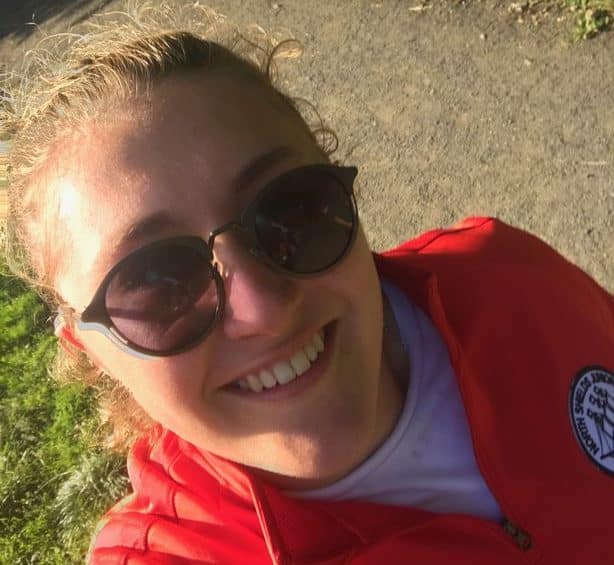The 19-year-old was diagnosed with Functional Neurological Disorder (FND) after noticing the strange phenomena.

Mary Henry from Whitley Bay on the northeast coast of England was like any other healthy teenager. However, the English teen discovered she has a rare brain disorder, which means she wakes up with an Irish accent.
The neurological disorder initially presented itself as a tic in Henry’s neck. However, she dismissed the issue, putting it down to nerves and thinking nothing of it.
An unusual condition – uncontrollable accents

It wasn’t until Henry noticed more unusual and severe tics, including whistling, swearing, and speaking in different accents, that she went to see a doctor.
One of the side effects experienced by the English teen is that she randomly wakes up with an Irish accent.
Speaking to The Chronicle, Henry said, “I’ve got a good Irish accent now, which I can’t usually do.
“It is actually quite funny. When I first went to A&E, the doctor I saw was Irish, and it’s since then I can do it.
“Some words such as ‘Scooby Doo’ I say now in a French accent too. It’s just bizarre.”
What is Functional Neurological Disorder (FND)? – a rare condition

After the English teen discovered the tics, including the fact that she sometimes wakes up with an Irish accent, she was diagnosed with Functional Neurological Disorder (FND).
FND affects how the body sends and received signals to the nervous system. The condition can lead to various physical, sensory, and cognitive problems.
Some of the most severe symptoms Henry has experienced include chronic fatigue and being unable to walk or talk.
Henry has experienced leg paralysis and muscle fatigue, which meant she was forced to buy a wheelchair after losing the use of her legs.
Staying positive – learning a new way to live

The English teen, whose neurological disorder means she sometimes wakes up with an Irish accent, has stayed positive despite the challenges FND has presented.
She said, “It’s incredibly frustrating. You wonder why you can’t do things like you used to.
“The strange thing is nothing seems to have triggered it. It just seems to happen to some people. I’ve noticed it has happened to other athletes and young women.”
She continued, “I’ve had to swallow my pride a little bit. I’ve needed help getting food and going to the toilet, for example.
“I live with my parents and two younger brothers, and they’ve all been incredibly supportive. They’ve helped me with everything – from doctors appointments to listening to me rant.”
As there are currently no NHS FND specialists in England’s northeast, Henry has had to seek private treatment.
She launched a GoFundMe page to help fund the expensive treatment, and so far, the public has raised an impressive £4,000.

